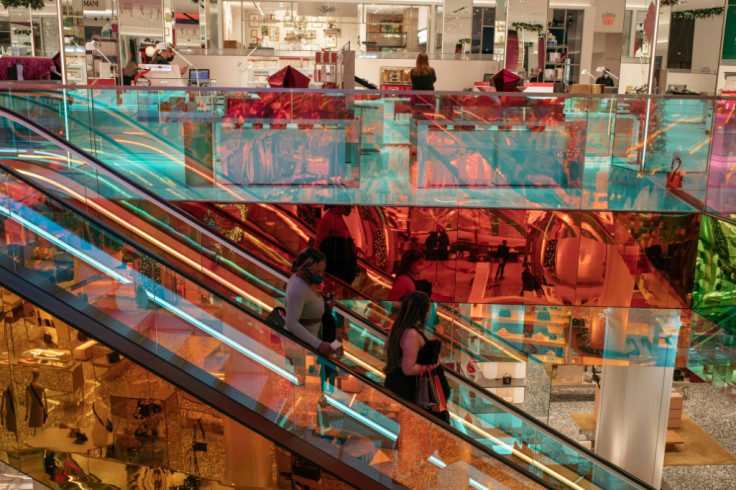Gift card sales skyrocket by 26% for grocery retailers
A rising trend has emerged from a recent study, revealing that consumers are increasingly turning to gift cards and vouchers as a creative response to economic challenges.

UK consumers are taking a fresh way to manage these volatile times, despite persisting economic challenges such as the weight of the cost of living crisis, growing inflation rates and the threat of rising interest rates.
A recent study by the Gift Card and Voucher Association (GCVA) and KPMG UK revealed an interesting style adopted by consumers amid persistent strains of the cost of living crisis, inflation and rising interest rates. Contrary to expectations, consumers have increased their utilisation of gift cards and vouchers compared to the previous year.
Analysing data from GCVA members, the research shows an 8.4 per cent growth in gift cards and voucher sales during the first half of 2023, measured on a like-for-like basis. This upsurge has contributed to a resilient performance in the first half of the year, proving the continued allure of these versatile assets and their expanding range of applications.
Of note, the leisure industry has shown the most impressive growth, as it experienced a 16 per cent rise in like-for-like sales. As the cost of living crisis continues to burden individuals, many are turning to gift cards and vouchers to provide themselves and their loved ones with a much-needed treat.
Retailers, on the other hand, saw an eight per cent increase in sales. The sales of these cards have skyrocketed by over a quarter (26%), with grocery retailers being the driving force behind this surge.
In a show of solidarity, consumers have turned to gift cards to assist their families with essential items, while employers have adopted them to offer valuable cost-saving avenues to their staff. In contrast, the fashion industry has encountered sluggish growth, likely impacted by individuals trimming non-essential expenses.
The research demonstrated that retail sales growth was predominantly propelled by business-to-business (B2B), showing the continuous popularity of gift card programs as an employee value offering. This allows employees to access discounts and offers as household financial constraints increase. Sales were also bolstered by rewards and incentives, as firms sought to entice customers to spend with them as shoppers became more picky.
The convenience and immediacy of digital offerings have driven the escalating use of digital gift cards, which now constitute a notable 48 per cent of the market. This upward trajectory suggests a future where digital versions could eventually surpass their physical counterparts.
Gail Cohen, the Director-General of GCVA, commended the gift card market for its unwavering resilience amidst a complex array of challenges. He stated the growth in B2B sales is a testament to businesses' increasing recognition of the value of supporting and rewarding both customers and employees.
Cohen emphasised that gift cards' flexibility fosters loyalty by allowing recipients to choose between fulfilling basic needs or indulging in a special treat. Amid financial constraints, consumers have discovered that gift cards provide an effective way to access discounts and mitigate the impact of price inflation.
Furthermore, Cohen emphasised the growing popularity of leisure gift cards, which have become an attractive alternative for various experiences – from vacations and outings to in-home entertainment such as video streaming and gaming. This trend reflects a move towards seeking enjoyment over mere financial transactions. The versatility of gift cards positions them uniquely to assist individuals in a multitude of ways, a fact substantiated by their robust sales growth.
Don Williams, Retail Partner at KPMG, lauded the gift card performance in the face of challenging market conditions, high inflation and the ongoing cost of living crisis. He pointed out that consumer behaviour has shifted back to physical stores following the surge in digital activity caused by Covid lockdowns.
Yet, digital investments have also borne fruit, evidenced by a 15.2 per cent rise in digital sales. Williams stressed the importance of maintaining a consistent customer experience across both physical and digital platforms as consumer buying patterns become increasingly hybrid.
Williams acknowledged that B2B remains a promising avenue for growth, as businesses strive to offer enticing discounts and deals to employees amidst the backdrop of inflation. He anticipates further pressure on consumer budgets due to moderating inflation rates, underlining the industry's role in helping consumers meet this challenge, whether through personal indulgence or thoughtful gifting.
© Copyright IBTimes 2025. All rights reserved.






















